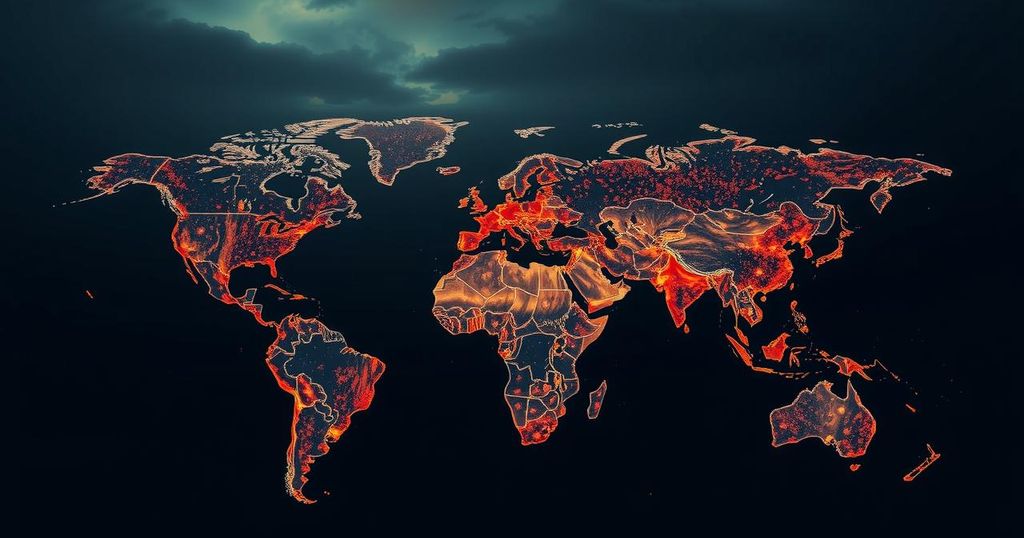COP29 witnessed rich nations pledging $300 billion annually for climate finance, which was met with disappointment from poorer countries. The changing political dynamics in the West, particularly with conservative governments, have led to a more cautious approach to climate funding amidst global crises. Europe remains committed to climate action, but the funding proposed is seen as inadequate given the broader financial needs to combat climate change effectively.
The recent COP29 climate conference highlighted a significant moment in climate finance, as rich nations proposed a $300 billion annual budget to support climate initiatives in poorer countries. However, this commitment drew criticism from representatives of developing nations who deemed it insufficient compared to the escalating climate crisis. The geopolitical landscape has shifted, with growing concerns over inflation and other domestic issues influencing climate policy decisions in major Western nations. While Europe and the European Union are determined to uphold their commitments, the practicalities of funding allocations and the need for innovation in financing remain pressing challenges. Activists assert that wealthy nations bear a moral obligation to provide adequate support to mitigate the effects of climate change, which disproportionately impact developing countries, especially as extreme weather events become increasingly frequent.
The topic of climate finance has come to the forefront as nations grapple with the financial commitments required to combat climate change effectively. Historically, wealthier nations have been responsible for the majority of greenhouse gas emissions and thus are called to support the global south in addressing the consequences of climate change. The COP29 conference underscored not only the urgency of financial contributions but also the changing political landscape, with conservative governments emerging in many Western nations that may adopt less aggressive climate agendas. The need for an enhanced funding commitment is underscored by the stark reality that current pledges fall short of what is necessary to meet global climate goals.
In summary, while the proposed $300 billion in climate finance signals a shift towards addressing the climate crisis, it remains inadequate compared to the estimated needs of $1.3 trillion per year. The ongoing political shifts within donor countries pose additional challenges, as domestic priorities may overshadow international climate obligations. Moving forward, it is imperative that wealthier nations not only enhance their financial commitments but also innovate in financing mechanisms to ensure meaningful support for developing countries facing the brunt of climate change impacts.
Original Source: www.fox28spokane.com






